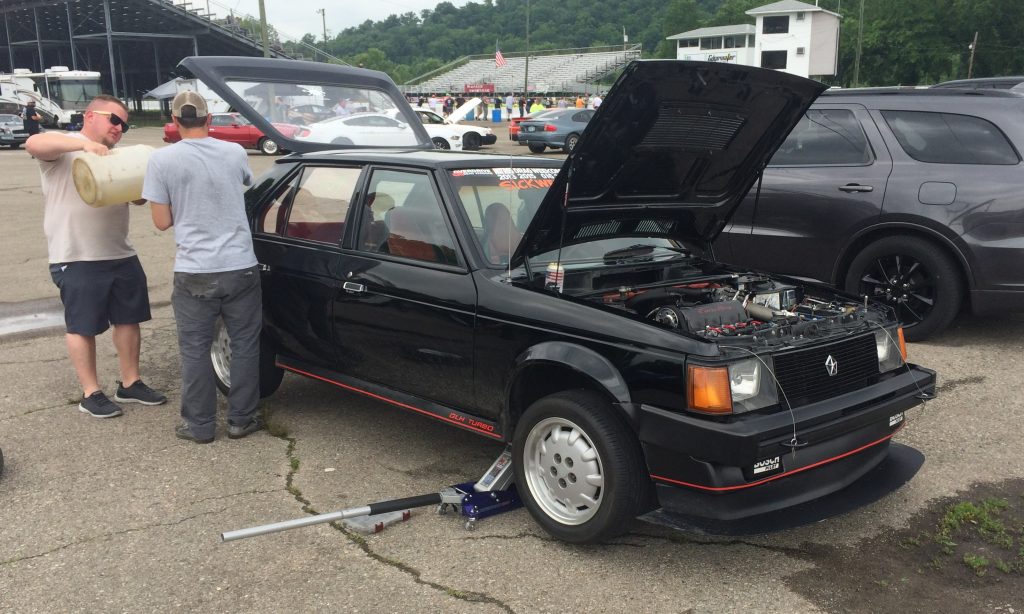Racing season is winding down in many parts of the country, but that doesn’t mean your remaining race fuel has to go to waste. Although race fuel is often stored for several months between racing seasons, there are steps you can take to keep it as fresh as possible for next season.

According to the folks at Sunoco Race Fuels, here are a few things you can do to preserve your expensive race gas:
- Keep containers tightly sealed. This will minimize the loss of certain components in the fuel that tend to evaporate more readily than others.
- Keep fuel tanks and fuel cells as full as possible. This will reduce the amount of “breathing” since there is less vapor space above the liquid level and thus reduce the amount of moist air seen by the fuel.
- Store fuel where there are minimal temperature swings. Changes in temperature can make a fuel container or fuel cell breathe more which can degrade fuel quality.
- Store fuel in such a way that it is not exposed to daylight. UV-proof dark fuel jugs, steel drums, and the like are required for maximum shelf life. Fuels contain components that are sensitive to light; the octane rating of the fuel can drop if the fuel sees too much light.
- Perfectly stored, most race fuels will last more than a year. If you are not sure you can use up the fuel within two years, add a quality fuel stabilizer as soon as you purchase it. Fuel stabilizer can only postpone fuel degradation; it can’t fix fuel that’s already bad.
- Avoid putting additives into fuel unless needed. And remember, just because one dose of an additive is good, don’t assume a quadruple dose is better. Overdosing can trigger other problems such as particle build-up in the fuel, and deposit build-up in the engine.
Race fuel typically lasts longer than everyday pump gas; however, the steps above will ensure your race gas is ready for fresh racing season in the spring. And be sure to check our Sunoco’s website for more helpful information on racing fuel.

Comments